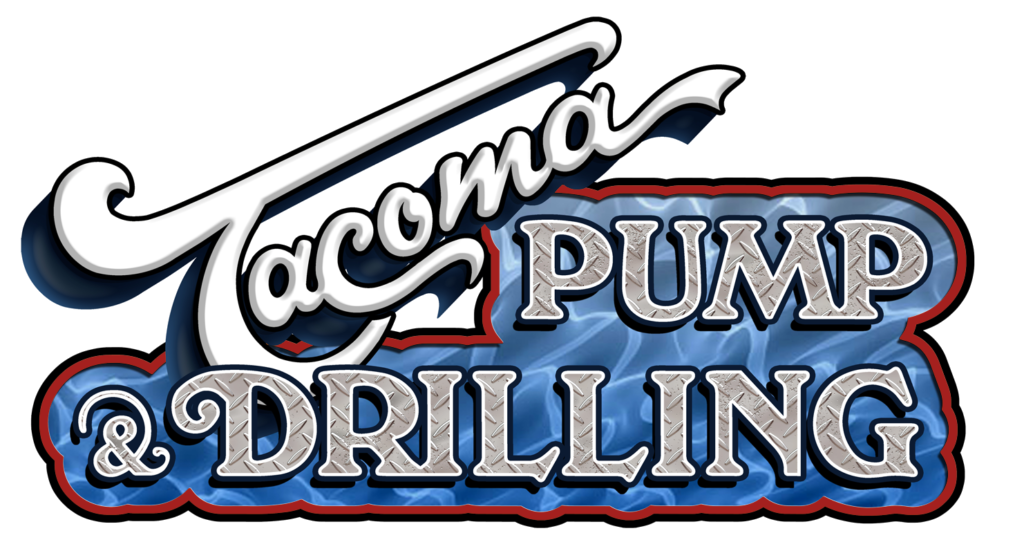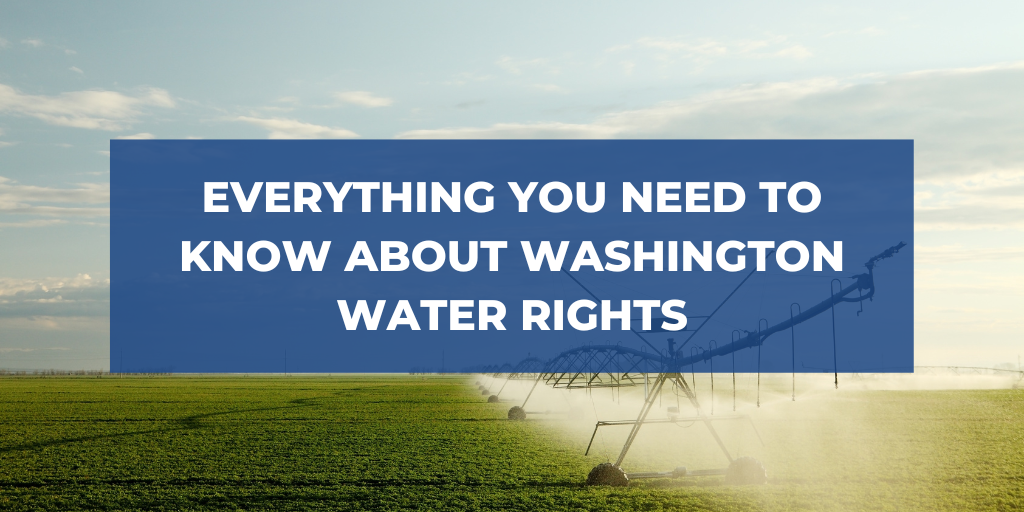It’s possible that water rights have never crossed your mind. Many homes in Washington State are served through public water systems. As long as you pay your water bill on time, you have access to water. However, if you’ve ever considered adding a private water well to your property, then understanding our state’s water rights is key. Read on to learn how water rights work in Washington and what that means for your new well.
What are Water Rights?
Water rights are the legal rights of citizens to a specific source of water. These rights vary from state to state, so if you ever move away from Washington, you’ll need to look into your new state’s water rights.
The majority of states follow one of two main types of water rights. These are riparian rights—the right of a property owner to use water that touches their property—and prior-appropriation rights—where the state grants rights for the use of specific water resources.
Washington is a prior-appropriation state. Essentially, this means that someone who establishes their water rights first has senior priority to divert their water before the next in line. It is important to point out that a water right is not the same as water ownership. According to the Department of Ecology, “Water is a public resource, owned by all people of the state in common. When you acquire a water right, you do not acquire ownership of the water. Instead, you acquire a right to use water according to the terms and conditions of your water right.”
There are several key elements of a water right permit:
- where you can take water (point of diversion, point of withdrawal)
- the rate at which you can take water (instantaneous quantity)
- how much water you can use each year (annual quantity)
- how you can use the water (purpose of use)
- where you can use the water (place of use)
- when you can use the water (season or period of use)
So how do water rights impact you as a current or future well owner? Let’s find out.
When You Need a Water Right in Washington
Now that you know more about Washington’s water rights, do you need a water right for your property?
Most private water wells that provide water for a single household are exempt from needing a water right permit. This applies if the well is pulling less than 5,000 gallons of groundwater per day and irrigating less than a half acre of land.
As soon as your well exceeds these limits, then you require a water right. There are other common reasons to get a permit for water, including using surface water of any kind on your property, irrigating more than a half acre of property, and many commercial water uses.
It is important to note that some counties maintain different requirements even for exempt wells. This is due to water availability in a certain region. To figure out the requirements in your area, first determine your watershed (called a Water Resource Inventory Area). The Department of Ecology is a great resource for all things related to water, well development, and water right permits.
Drilling Your New Water Well
Perhaps by now you’ve discovered that you don’t require a water right in order to add a well to your property. However, before you dive into the next steps, there are a few other things you should know about private wells in Washington.
For example, if your property is within an area that is served by a public water system, that system has the first right of refusal to serve your property. In other words, you will need to connect to the public water service rather than utilizing your own private water well.
Now, if the public water system can’t serve your property, they must issue a written statement indicating as much, opening the way for you to drill a well.
Next come all of the steps required to ensure a well can be safely and effectively added to your land! We’ve compiled a list of resources to help you easily navigate the process of getting a water well. From issuing a notice of intent to the Department of Ecology to ensuring a safe spot for your well, find everything you need right here.
Understanding Washington water rights is just one step in the process of establishing your own private water access. Have questions about drilling a well on your property? We’re here to help!

